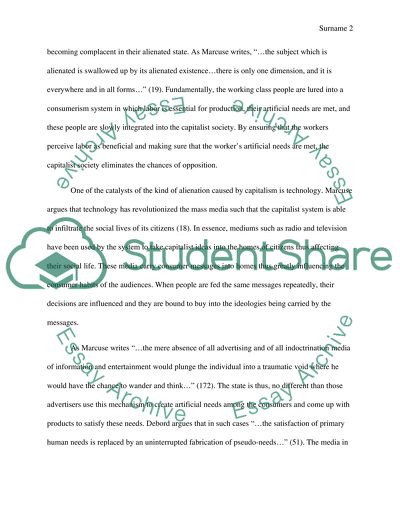Cite this document
(Democracy as the Best Form of Governance Term Paper, n.d.)
Democracy as the Best Form of Governance Term Paper. Retrieved from https://studentshare.org/politics/1688183-midterm-essay-3
Democracy as the Best Form of Governance Term Paper. Retrieved from https://studentshare.org/politics/1688183-midterm-essay-3
(Democracy As the Best Form of Governance Term Paper)
Democracy As the Best Form of Governance Term Paper. https://studentshare.org/politics/1688183-midterm-essay-3.
Democracy As the Best Form of Governance Term Paper. https://studentshare.org/politics/1688183-midterm-essay-3.
“Democracy As the Best Form of Governance Term Paper”, n.d. https://studentshare.org/politics/1688183-midterm-essay-3.


